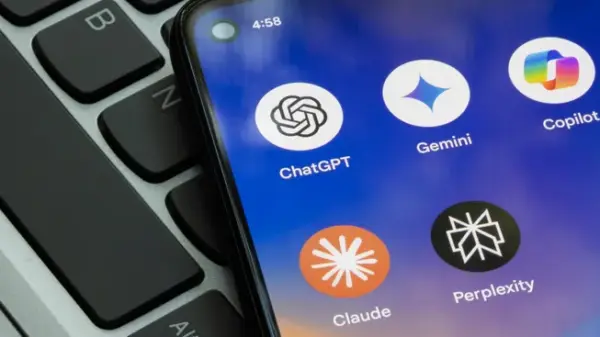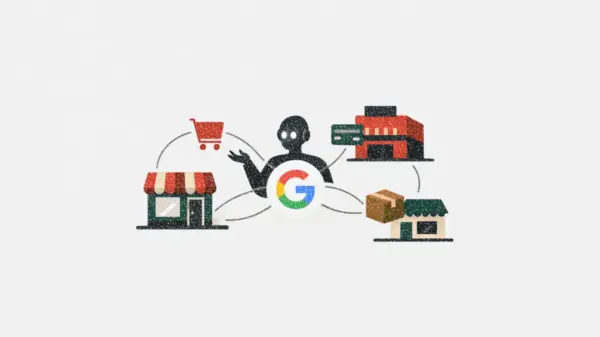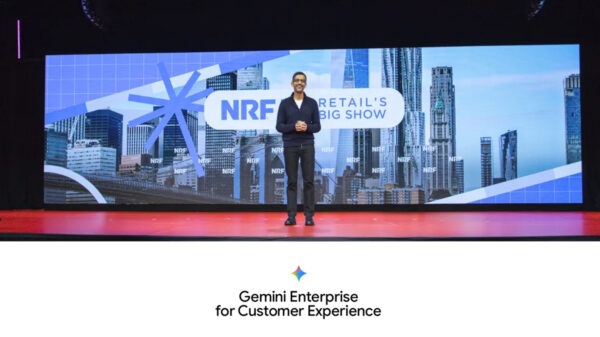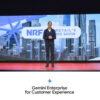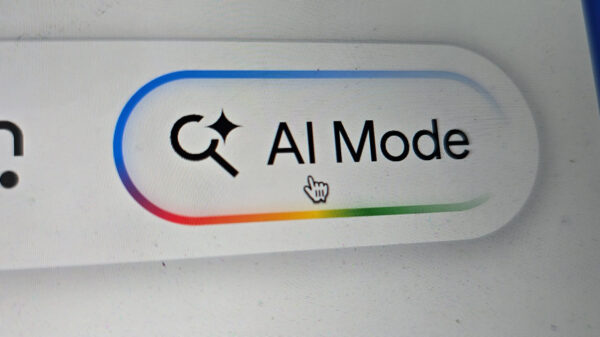In an innovative educational initiative, Bentonville public schools in Arkansas are incorporating artificial intelligence (AI) into their Ignite career-pathway program, which targets students in their junior and senior years. Approximately 1,000 students vie for 600 spots within ten distinct career “strands,” ranging from technology to health care, showcasing a strong commitment to equipping students with relevant skills for tomorrow’s job market.
Introduced nearly a decade ago, the Ignite program emphasizes real-world experience through work-based learning, partnerships with industry professionals, and mentorship opportunities. Jessica Imel, the program’s director and former senior manager for finance and strategy at Walmart, highlights that a primary focus is to remain responsive to shifting industry needs, particularly the growing importance of AI competencies. “When we’re looking at hiring talent, they need to have some AI skills,” Imel stated, referencing insights from partners like Walmart and Mercy Hospital.
With the release of the latest version of ChatGPT in late 2022, Ignite has adapted its curriculum to include hands-on AI applications in various fields. According to a recent survey by the Education Week Research Center, nearly 60% of educators reported their districts offering a career pathway in technology, cybersecurity, or AI, though comprehensive integration across multiple career paths remains less common.
Embedding AI in Diverse Career Pathways
The integration of AI into the curriculum is not uniform; it varies across career strands. In graphic design, for example, instructor Jennifer Russell engages students by exploring AI design tools, which she claims are essential for modern corporate graphic design. “I don’t know that you could humanly possibly pump out as much content as needed,” Russell remarked, emphasizing the role AI plays in meeting the demand for social media graphics.
In a practical application of AI, students in the global business strand were tasked with creating a new product for Walmart, utilizing AI tools for research and marketing strategies. This included leveraging Google’s Gemini to generate imagery for their product mock-ups. Such exercises not only foster creativity but also prepare students for future roles in a rapidly evolving job landscape.
Students in the public policy pathway are also facing the implications of AI tools in legal professions. They learn that while AI can streamline certain tasks, reliance on such technology poses risks, including the potential for inaccuracies. “You have to be really careful with AI in this particular space,” cautioned Aubrey Patterson, a public policy teacher and city council member.
AI Applications in Health Care
In the health-care pathway, students collaborate with peers from the technology strand to devise digital solutions addressing pressing public health challenges, particularly in rural areas of Arkansas. For instance, they developed a meal-planning app designed for expectant mothers with gestational diabetes. The app integrates with blood sugar monitoring devices and generates personalized shopping lists based on budget and dietary preferences. “AI is not perfect, but it is there to help and not to replace that telehealth,” stated senior student Hutson Daniel.
Internships have provided students with firsthand experience of how AI is revolutionizing medical practices. One student observed the use of AI tools to detect polyps during radiological examinations, reinforcing the idea that AI serves to assist rather than replace medical professionals.
Innovative Solutions for Social Skills Development
Further demonstrating the practical application of AI in education, seniors Sanjay Shreeyans Javangulaa and Soham Shekhar created an app named Pico, aimed at helping children with autism navigate social situations. By utilizing a non-judgmental animated character, the app encourages children to identify emotions and practice social interactions in a relaxed environment. “It helps kids feel relaxed and to be able to talk to and work through different problems,” explained Soham.
As students grapple with AI’s potential drawbacks, such as misinformation, they remain committed to fostering real-world problem-solving skills. “It doesn’t matter how vastly the technology changes,” Soham said. “It’s always going to be about solving different problems and being able to do that in a logical manner.”
The Ignite program exemplifies a proactive approach to education, ensuring that Bentonville students are not only equipped with essential skills for their future workplaces but are also versed in the implications of emerging technologies like AI.
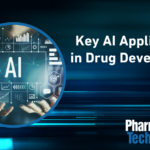 AI Accelerates Drug Development: 90% of Candidates Benefit from Machine Learning Insights
AI Accelerates Drug Development: 90% of Candidates Benefit from Machine Learning Insights AI Experts Discuss Economic Impact of AI on Industries in Live Roundtable Event
AI Experts Discuss Economic Impact of AI on Industries in Live Roundtable Event East Bay Man Charged with Conspiracy to Smuggle $4M in Nvidia AI Chips to China
East Bay Man Charged with Conspiracy to Smuggle $4M in Nvidia AI Chips to China Case Western Reserve Secures $2.5M Grant to Enhance AI Technology for Tracking Cancer Cells
Case Western Reserve Secures $2.5M Grant to Enhance AI Technology for Tracking Cancer Cells NVIDIA Achieves #1 Spot on Forbes America’s Dream Employers 2026 List Amid AI Surge
NVIDIA Achieves #1 Spot on Forbes America’s Dream Employers 2026 List Amid AI Surge
























































